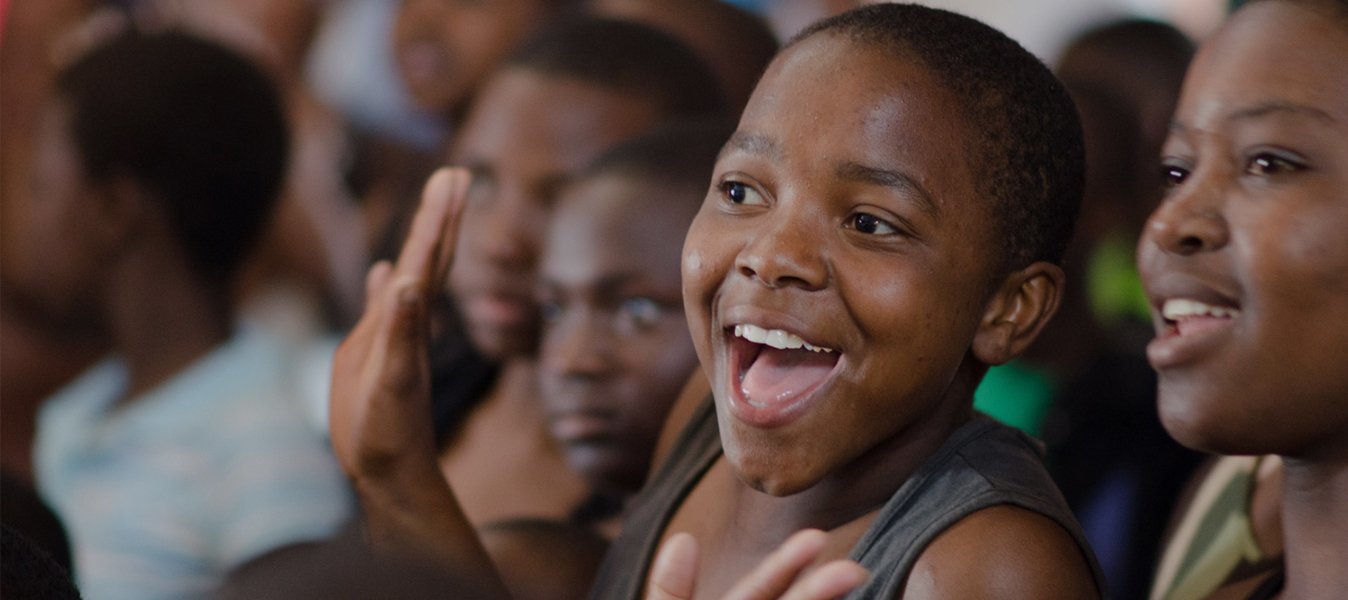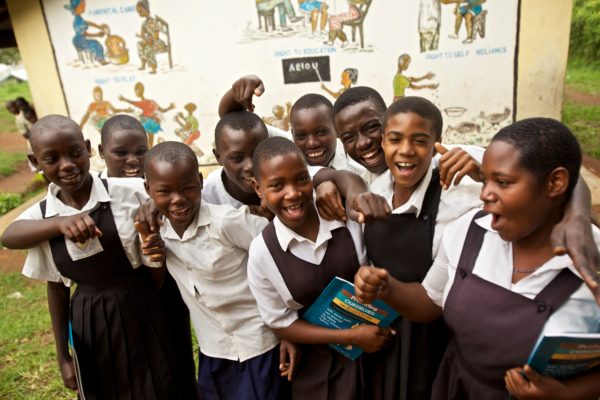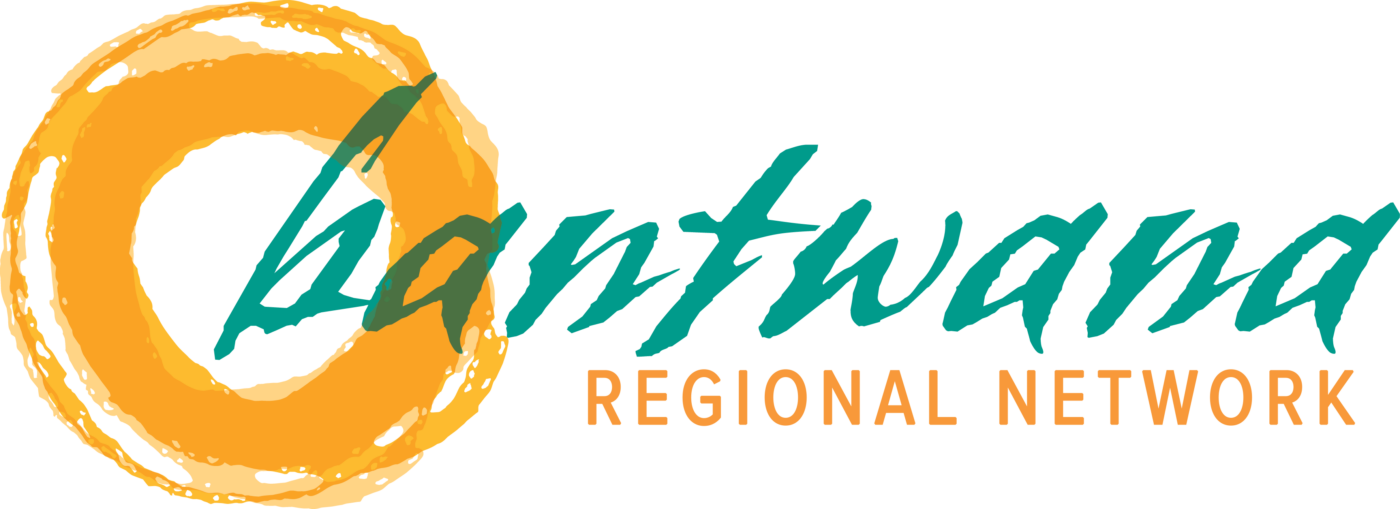
Tackling Violence Against Children at Home and at School

The Western Uganda Bantwana Program (WUBP) works to tackle social norms and conditions at home and in schools that lead to violence against children. By integrating prevention curriculum in schools, training teachers to identify and report abuse, engaging caregivers to promote positive parenting, and creating safe spaces for children to build protective assets, violence prevention and response is stronger and communities are safer.
These are our key takeaways from our latest annual report on the impact of WUBP.
Positive shifts made by teachers
- 18% more teachers create time to provide guidance and counseling to children who need support
- 21% more teachers allow children to consult them about any school and home issues
- 13% more teachers integrate child sexual abuse prevention messages at school platforms
Through WUBP, the Bantwana Initiative trained a total of 743 teachers in the risks and impacts of violence against children and in prevention and response measures. These activities enhanced teachers’ and school leaders’ facilitation and counseling skills to identify and manage issues related to violence in schools and surrounding communities. With the skills gained, teachers supported 4,451 children through Child Rights Clubs, Girl Talk and Child Self-Study Groups, and identified 281 children in distress who were supported individually through home visits and psychosocial support.
A WUBP survey of teachers revealed that after training, 61% feel able to provide support to children in distress, and 62% feel able to integrate prevention and response messages into their class work. This demonstrates improved teacher awareness and willingness to support students’ needs.
Positive shifts made by caregivers
- 33% more caregivers agree that talking to a child is the most effective form of discipline
- 13% more caregivers disagree with the norm that suggests girls are expected to look for a man to take care of them
- 11% more caregivers disagree with the norm that suggests that parents who allow children to speak up are considered weak
- 22% more caregivers create more time for their children to discuss topics related to sexual abuse and provide guidance on reducing risk and staying safe
Trained parasocial workers and WUBP field officers trained 5,021 caregivers in positive parenting using a single gender approach, which has increased male participation. Positive parenting strengthens parents’ capacities to care for and protect their children through enhanced skills and improved relationships. Caregivers who graduated from the training formed 53 positive parenting groups, providing effective platforms to spread key messages and provide child protection support and oversight at the community level. These groups reached 5,545 children with counseling, scholastic materials, medical and psychosocial support. Positive parenting groups used the money saved in their village savings and loan associations to support these children, and provide for the basic needs of others in the group.
Of a random sample of 183 caregivers assessed during a survey about caregiver disciplining measures, 84% testified to using alternative disciplinary measures and are more comfortable talking to their children. Uptake of positive child protection values and norms shift is further reflected in the 543 child abuse cases reported by caregivers during this period.
Improved agency of boys and girls to prevent and respond to violence and promote positive gender norms
- 30% more boys and girls are capable of recognizing abuse
- 18% more children know where to report threatening behavior
- 10% more children believe that boys should treat girls with respect and dignity both in school and at home
- 17% more children now feel safe in the communities they live in
Bantwana held sessions on child protection and violence against children for 3,327 children in 29 schools to help them better understand their rights and equip them with skills to be able to prevent and respond to abuse. This provided children with a platform to access help and support, and report 231 cases of abuse. Additionally, Bantwana’s Girl Talk program gave 721 adolescent girls the opportunity to hold reflective sessions to address their disproportionate vulnerability to sexual violence, strengthen their agency to protect themselves, receive mentorship, and build confidence.
Bantwana and its partners through WUBP continue to expand these initiatives to new schools and communities throughout Uganda, training child protection actors and strengthening child protection systems at the local and national level.
